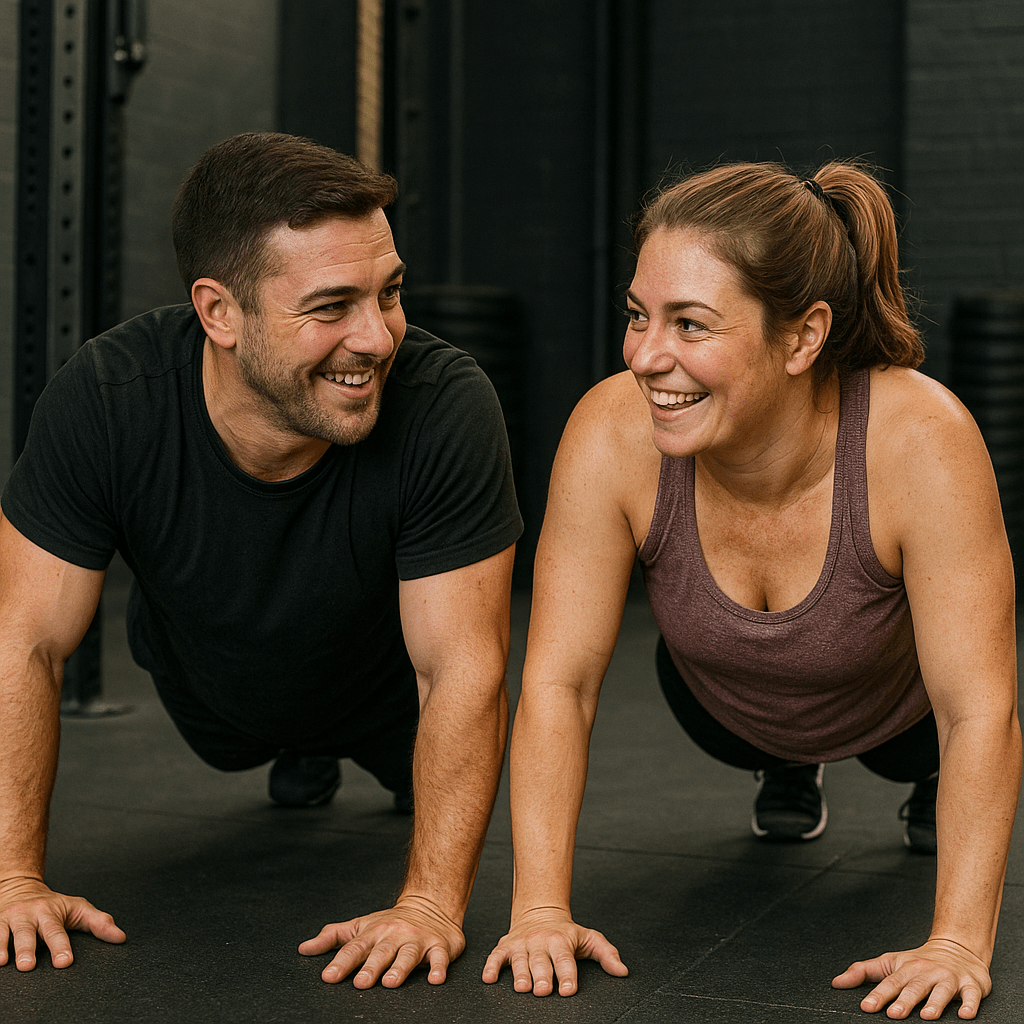If there’s one thing you can do today that guarantees powerful results for your body, mind, and long-term health. It’s exercise. Not just occasionally, but consistently.
Exercise isn’t just about weight loss or building muscle. It’s a full-body upgrade. From sharper thinking to a stronger heart, the extreme health benefits of exercising stretch far beyond the gym mirrors.
Let’s break down the 5 most powerful reasons why daily physical activity can literally change your life, starting now.
1. Exercise Boosts Brainpower and Mental Health
Exercise is one of the most effective tools for improving cognitive function and protecting the brain as you age. Here’s how:
- It increases blood flow to the brain, delivering oxygen and nutrients needed for sharp thinking and memory.
- Regular physical activity stimulates the release of brain-derived neurotrophic factor (BDNF), a protein that encourages new brain cell growth and protects existing ones.
- Studies show it can reduce symptoms of depression and anxiety by regulating stress hormones like cortisol and increasing feel-good chemicals like dopamine and serotonin.
In short, exercise is a natural antidepressant and memory enhancer. Whether it’s a brisk walk or a weight-lifting session, you’re literally training your brain, not just your body.
2. It Supercharges Heart Health and Circulation
Your heart is a muscle, and like any muscle, it gets stronger with use.
Exercise lowers your resting heart rate, reduces bad LDL cholesterol, raises good HDL cholesterol, and improves blood pressure control. It also enhances circulation, making it easier for blood to carry oxygen and nutrients to every cell in your body.
The result? A massively reduced risk of:
- Heart attack
- Stroke
- Hypertension
- Arterial plaque buildup
Cardiologists agree: just 30 minutes of moderate-intensity aerobic exercise five days a week can cut your heart disease risk by up to 35%.
3. Exercise Enhances Immune Function and Prevents Disease
Want fewer sick days and a stronger defense system? Exercise is your immune booster.
Physical activity:
- Increases the production and efficiency of white blood cells
- Reduces chronic inflammation, a root cause of diseases like cancer, diabetes, and arthritis
- Helps eliminate harmful bacteria from the lungs and airways through deeper breathing
- Enhances lymphatic drainage, detoxifying the body
Studies show active individuals experience 40–50% fewer colds and infections annually compared to sedentary ones. Even a light daily walk can keep your immune system firing on all cylinders.
4. Exercise Regulates Weight, Blood Sugar, and Hormones
Struggling with belly fat, cravings, or erratic energy? Exercise balances the systems that control weight and metabolism.
- It burns calories and builds lean muscle, which in turn raises your resting metabolism.
- Exercise increases insulin sensitivity, allowing your cells to better absorb and use glucose.
- It balances hormones like ghrelin (hunger hormone) and leptin (fullness hormone), helping you manage appetite naturally.
- For women, it supports estrogen-progesterone balance; for men, it can improve testosterone levels.
In essence, exercise gives you control over your body’s engine, burning fat more efficiently and managing energy levels throughout the day.
5. Exercise Increases Longevity and Quality of Life
Exercise doesn’t just add years to your life, it adds life to your years.
- Active people have a 30–50% lower risk of early death compared to inactive people.
- It delays the onset of age-related diseases like Alzheimer’s, arthritis, and osteoporosis.
- Regular movement keeps your muscles, joints, and bones stronger, making daily tasks easier and reducing fall risk.
- Exercise also enhances skin health, libido, sleep, and even gut function.
Whether you’re 18 or 80, moving more means living better. It’s your personal anti-aging, pro-energy miracle drug, with zero side effects.
Conclusion: One Habit, Endless Health Rewards
You don’t need a gym membership or a perfect routine to get started. Just move. Walk, stretch, lift, dance, run—whatever gets your heart pumping and your body engaged.
The extreme health benefits of exercising are undeniable. From sharper thinking to disease prevention, it’s the one habit that upgrades every system in your body.
Start now. Your future self will thank you.
FAQs
At least 150 minutes of moderate-intensity aerobic exercise per week, or 75 minutes of vigorous activity.
Absolutely. Even a few sessions per week can offer major benefits over time.
Both. Cardio supports heart and brain health; strength training supports metabolism, bones, and posture.
Mentally, you might feel better within a week. Physically, noticeable changes often appear in 4–6 weeks.
Yes, especially if it’s brisk and done consistently. It’s a powerful and accessible form of movement.
Low-impact activities like swimming, biking, or yoga can be ideal. Always consult a healthcare provider first.







